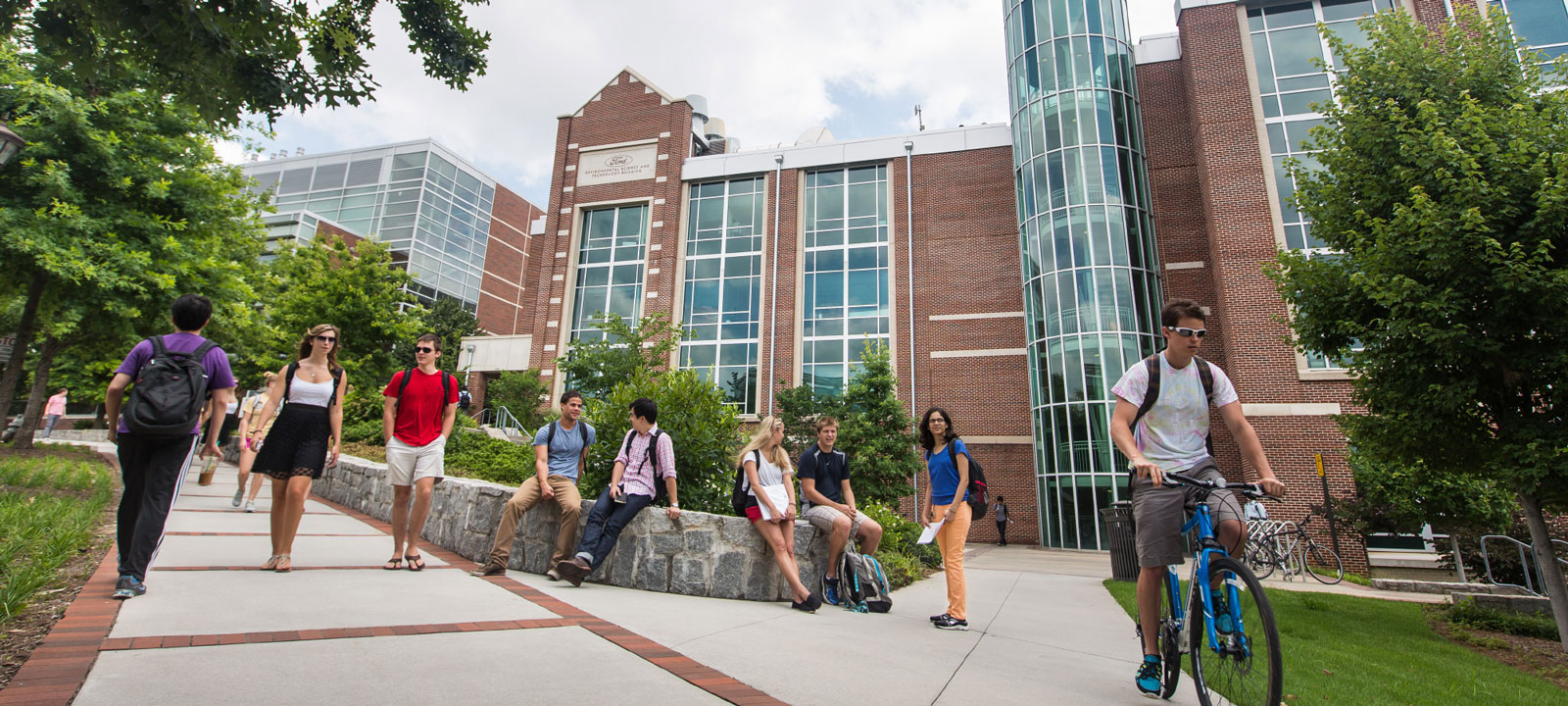How I Got There: Doctoral Studies | Jeremy Pesner (CCT ‘13)

Posted in Student & Alumni Stories
Jeremy Pesner studied Communication, Culture & Technology (Technology Policy emphasis) in Georgetown’s Master of Arts Program and is now a Doctoral Student & Research Assistant at Carnegie Mellon University. Learn how Georgetown shaped his path, what led him to his current position, and more insights regarding Technology, Public Policy, and Academia:
What activities at Georgetown did you find the most valuable and why?

I participated in several activities that were related to my graduate program: I was involved in peer editing articles submitted for the journal (and submitted one of my own), I helped to put on the 2013 STGlobal conference on science policy, and served as a research and teaching assistant for professors in the program. This helped me to explore the many different perspectives one can take on technology, policy and society.
How did you find your current position?
I knew that I wanted to pursue doctoral education when I finished my Masters degree, but felt like I needed some experience in the world of policy and government before I committed to more school.
I had more trouble finding a job than I anticipated, and while I thought I’d be working in technology policy and strategy, I ended up pivoting for a year to work in Baltimore and learn data analysis, a skill I knew would be useful for graduate school.
I then took a fellowship in Israel that was very well-aligned for my long-term goals, and that experience helped to catch the attention of Carnegie Mellon’s policy school when I applied.
What does a typical day look like for you?
My last two major jobs before prepping for grad school were both centered around data analysis in the R language. This might sound like a straightforward task – you’re given the data and then you do the analysis. But, there’s often a lot of work and discussion that goes into ensuring that the data is actually reliable and that it’s presented in a form that is actually usable to me as an analyst.
Much of my week was spent working alone as I wrote code and ensured I got the insights from the data I was tasked to. But, I would also frequently have conversations with others about the data pipeline, ways we needed to alter or improve the data, and explaining to others the exact steps I was taking so that they understood my methodology.
There’s often a lot of work and discussion that Anyone who is hired to do a job will be expected to solve a given type of problem, but I was surprised by how more I had to push myself to be seen as someone who could work on many different kinds of problems.
What surprised you the most when you started working?
It can be very difficult to showcase, hone in, or build upon the range of information and abilities you’ve learned in school. In many jobs, you are hired to work on a fairly narrow range of problems, and trying to pivot or augment into a different kind of role or function may cause some friction between you and your workplace.
Anyone who is hired to do a job will be expected to solve a given type of problem, but I was surprised by how more I had to push myself to be seen as someone who could work on many different kinds of problems.
What skills are most needed in your role?
Knowing how to code is a big asset when working as a researcher/analyst. I hadn’t worked in R before taking the job in Baltimore, but because I had a background in Computer Science, it was less difficult for me to learn and understand the language than it would be for most others.
On the flip side, being able to actually explain what you’re doing, in clear and precise language, to those who don’t understand is also a very valuable and useful skill that is not often asked about in a job interview, but makes working with others in your job infinitely easier.
Students can get started with R programming through tutorial sites like Lynda or even just browsing YouTube. Even knowing a few basic functions demonstrates R’s undeniable superiority over Excel with regards to keeping track of and presenting data.
What are the best ways for students to learn more about your industry?
Students can get started with R programming through tutorial sites like Lynda or even just browsing YouTube. Even knowing a few basic functions demonstrates R’s undeniable superiority over Excel with regards to keeping track of and presenting data.
With regards to technology more generally, following news outlets and journals that have a focus on your areas of interest is a great way to set up a fire-hose of information in your news feed. If there’s a concept or technology you don’t understand, the answer is only a Google search away. Networking is also valuable, and I met many people working at the intersection of technology and policy by attending a wide variety of events in DC.
If you could go back and change one thing, what would that be?
I would probably have leaned more heavily on Georgetown contacts for a summer internship. I ended up working for Georgetown University’s Information Services, which was a fine, flexible job and paid me decently, but didn’t help me move forward in what I wanted to do.
Interested in hearing more stories? Check out the rest of our How I Got There series.
